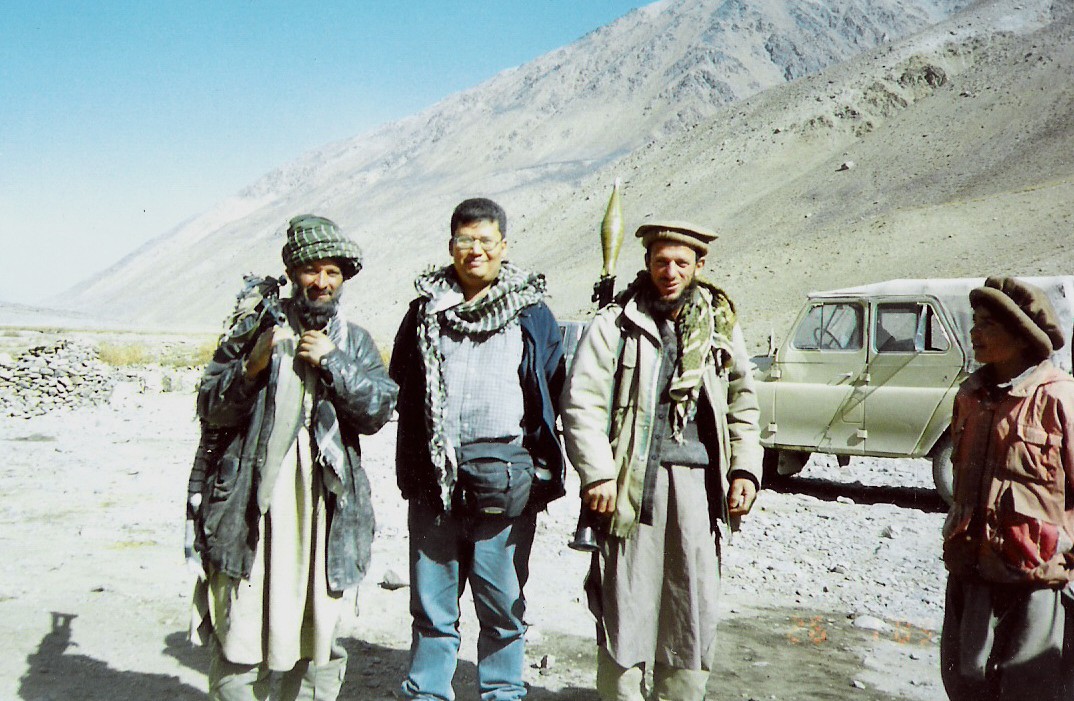Militants charge through front gate, killing at least 6 soldiers, wounding 6
By Don PathanThe Nation
Suspected separatist militants attacked an Army task-force unit in Narathiwat's Rangae district last night, killing six soldiers and wounding six others just days after Prime Minister Abhisit Vejjajiva talked about lifting the state of emergency in more districts of the troubled deep South.
This attack was considered one of the boldest moves by the separatists in a long time.
The militants charged through the front gate - the only entry into the Task Force 38 camp - and started firing, catching the troops off guard, a senior officer recounted. Lt-Colonel Thanit Saengchan estimated that at least 20 armed men were behind the attack.
Task Force 38 comes under the 15th Infantry Division of the Fourth Army Area, though the Narathiwat province comes under the command of the Second Army Area, which also has the Northeast region under its jurisdiction.
Details about the gunfight, the extent of the damage and if anything was stolen remained sketchy as of press time. Task Force 38 is about a kilometre from an Army battalion that was raided on January 4, 2004, by scores of Malay-Muslim separatists who made off with about 350 pieces of weapons.
The highest-ranking officer who died in the shootout was identified as Captain Krit Kampirayan, who was the company's commander.
The wounded were rushed to the Yala Central Hospital, a regional medical centre with better facilities. The attack came as Army commander-in-chief General Prayuth Chan-ocha and Deputy Prime Minister Suthep Thaugsuban, who is in charge of security affairs, were visiting the region to provide moral support to the troops and officials.
Abhisit returned from the region two days ago after discussing ways of strengthening the Southern Border Provinces Administrative Centre with civilian officials.
Insurgent attacks have become almost an every day occurrence in the three Malay-speaking southernmost provinces of Pattani, Yala and Narathiwat, as well as in the four Malay-speaking districts of Songkhla.
The attack in Rangae was a "slap in the face" and "a tremendous setback" for the policy-makers, said a senior officer, who spoke on condition of anonymity, as the Royal Thai Army in Bangkok plans to hand the entire deep South region back to the Fourth Army. The idea is to pull out the units from the Second Army Area and Third Army Area and send them back to the Northeast and the North, respectively. It is not immediately clear if this latest incident will affect this plan, which is supposed to kick off in October.
Last night's attack also came as the authorities in Bangkok boasted about improved security in the restive region where more than 4,300 people have been killed since 2004. Almost 500 of the victims were soldiers and police.
Claiming success in the curbing of violence, the government recently lifted the emergency decree in Pattani's Mae Lan district. Observers said this claim was far too premature because the movements of the militants were far too fluid. Some said the idea of marking areas as "green" or "red" zones was misleading because this generation of insurgents did not care about controlling geographical space, but were more interested in controlling the mindset of the local population.
Sympathy for the insurgents among the Malay-Muslim populace remains high and the number of people coming out to name suspected insurgents remains low, despite the government's claim that it was succeeding in winning the hearts and minds of the local residents.
More than 64,000 security officers are working in the deep South and the government has spent billions on trying to maintain order in the restive region, where the violence is nowhere in sight.
